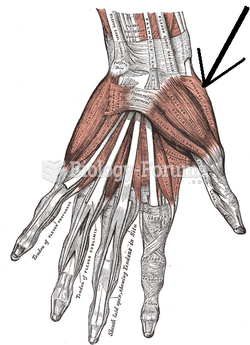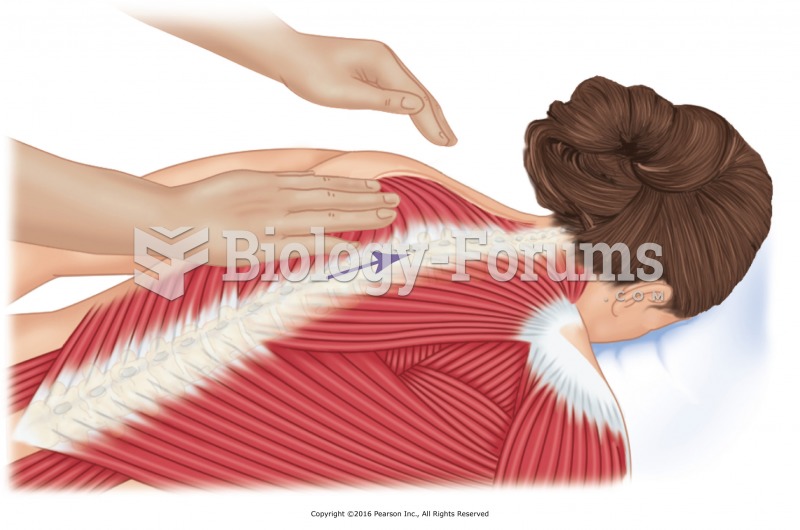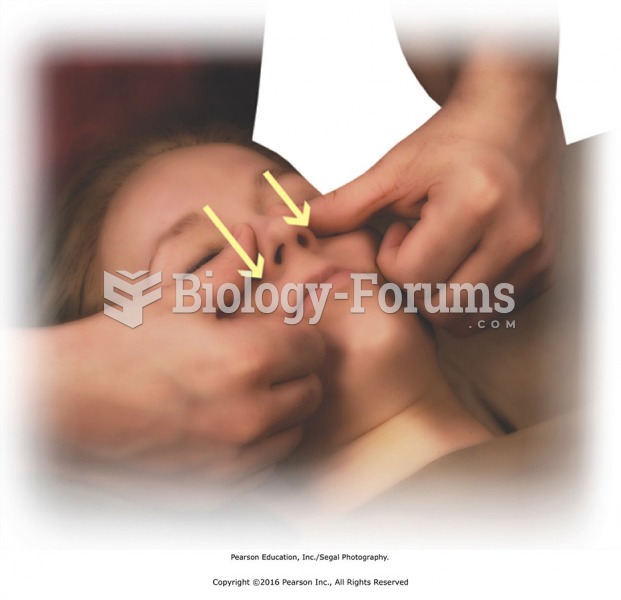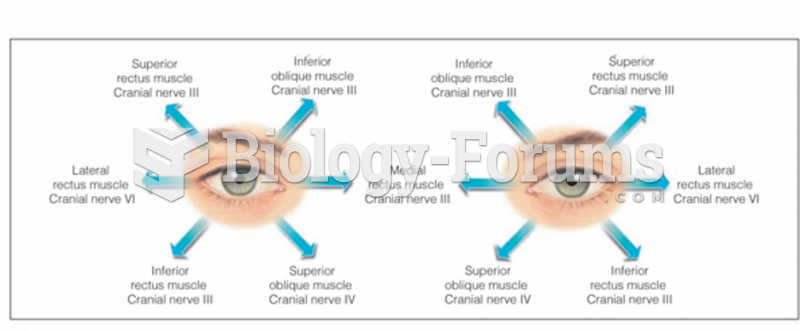|
|
|
There used to be a metric calendar, as well as metric clocks. The metric calendar, or "French Republican Calendar" divided the year into 12 months, but each month was divided into three 10-day weeks. Each day had 10 decimal hours. Each hour had 100 decimal minutes. Due to lack of popularity, the metric clocks and calendars were ended in 1795, three years after they had been first marketed.
Thyroid conditions cause a higher risk of fibromyalgia and chronic fatigue syndrome.
When blood is exposed to air, it clots. Heparin allows the blood to come in direct contact with air without clotting.
Acetaminophen (Tylenol) in overdose can seriously damage the liver. It should never be taken by people who use alcohol heavily; it can result in severe liver damage and even a condition requiring a liver transplant.
A seasonal flu vaccine is the best way to reduce the chances you will get seasonal influenza and spread it to others.







